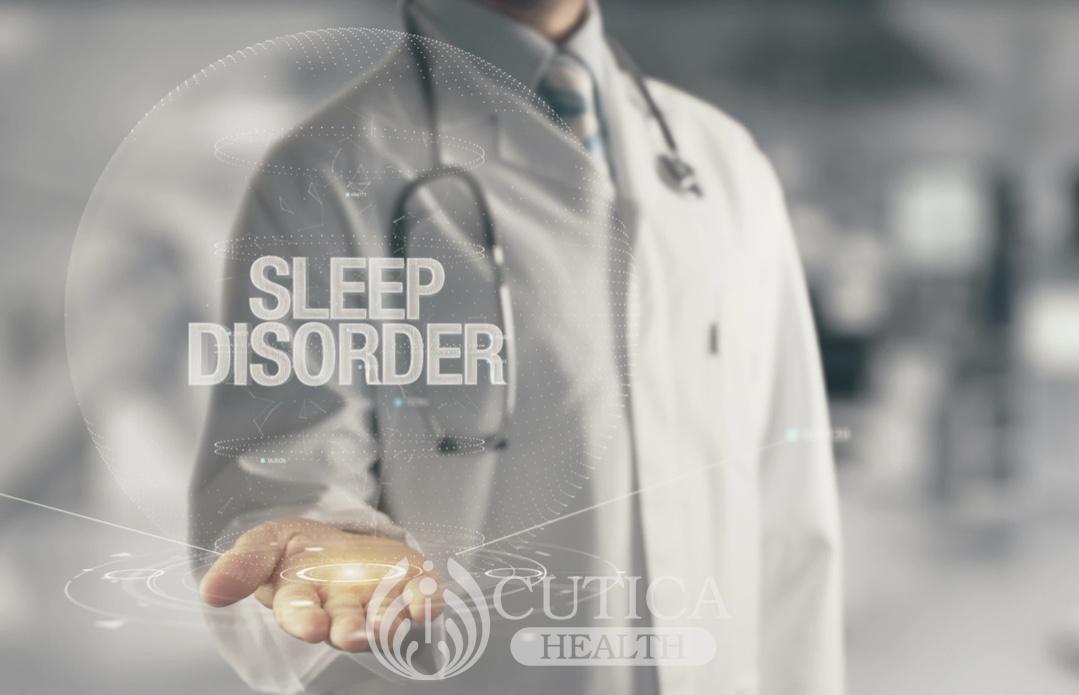
“ 6 months ago, there was a fire at Folake’s house. She was fast asleep when the fire started and only woke up when the fire spread to her room. She woke up in a panic, struggling to breath and frantically trying to find an escape route. She was soon rescued by the fire service that put the fire out. Since then, Folake has had a chronic fear of fire, even the smell of smoke leaves her paralyzed. She has nightmares and has difficulty falling asleep. She is irritable and prone to random bursts of anger and aggression. Her parents have asked her to seek a psychiatrist.”
Post-traumatic stress disorder was added to the list of mental disorders by the Diagnostic and Statistical Manual (DSM -III) in 1980. The DSM-III provides a set of criteria that individuals must meet to be diagnosed with a particular disease or disorder.

In reality, PTSD had been felt since World War I (1914-1918) and the Vietnam War (1955-1975) where it was called “shell-shock” and also “combat fatigue” after World War II. Regardless of the name, the core of the disorder remains the same: PTSD is a psychological disorder which is caused by the experience of a traumatic event or situation. Post-traumatic stress disorder can be triggered by wars, rape, accidents, acts of terrorism, natural disasters, near-death experiences, and other traumatic occurrences. PTSD affects people of all ages, ethnicities, and gender.
Post-traumatic disorder is quite broad but here are a few essential things you should know:
PTSD symptoms are not time-limited
This simply means that PTSD symptoms can show up at any point after the traumatic event. Symptoms may start a few days or within a month of the event or they may arise years after the event has taken place. Symptoms can be very intense and disturbing, to the extent of affecting your ability to go about your daily activities with ease. Relationships, work, and schooling may also be affected.
PTSD often triggers behavioural changes

Post-traumatic stress disorder often brings about changes in behavior. This is an expected reaction and most of these changes will be seen in your physical and emotional responses to events.
These changes are known as arousal symptoms and some of them include:
- Risky or self-destructive behavior such as drinking excessively, drinking and driving, or fighting
- Highly suspicious and always on the lookout for danger
- Easily frightened or startled
- Feelings of shame and guilt
- Development of sleeping problems such as insomnia
- Increased episodes of aggression, irritability, and anger
- Difficulty concentrating
The type of traumatic event can influence the development of PTSD

Not everyone that experiences a traumatic event will develop PTSD. Research has shown that people who experience trauma stemming from interpersonal violence such as kidnap, rape, childhood sexual abuse, incest, and physical abuse from a romantic partner are more likely to develop PTSD. People who go through non-assault based trauma such as natural disasters and accidents are less likely to develop PTSD.
Conclusion

Post-traumatic stress disorder is a psychiatric disorder that can deeply alter an individual’s life. PTSD is caused by traumatic events such as war and rape but is not a life sentence. PTSD can be managed and treated effectively. If you or anyone you know is showing signs of PTSD, please seek professional help.












